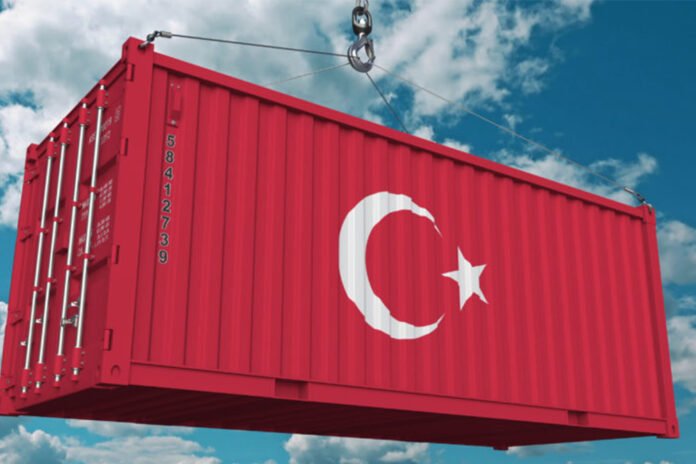Turkey, which is the third-largest supplier of apparel to Europe, is facing higher production costs and the risk of falling further behind their Asian rivals after the government hiked taxes on textile imports including its raw materials.
The Turkish government last week raised tariffs by 30-100 percent on hundreds of incoming textile products last week, aiming to support local yarn and fabric manufacturers that appealed for support against a wave of cheaper imports.
Apparel stakeholders say the new taxes are squeezing the industry, which is among Turkey’s biggest employers, supplying heavyweight European brands such as H&M, Mango, Adidas, Puma, and Inditex. They warned of job cuts as import costs rise and Turkish producers shed market share to rivals like Bangladesh and Vietnam.
Exporters can technically apply for exemptions from the tax, but industry sources say the exemption regime is costly and time-consuming, and in practice does not work for many companies. Even before the imposition of fresh taxes sector was already fighting soaring inflation, waning demand, and lower profit margins due to what exporters see as an over-valued lira, as well as the effects of Turkey’s years-long experiment with cutting interest rates as inflation rose.
The price of a Turkish-made t-shirt is now 40 percent higher for a European shopper than one from Bangladesh, revealed an official of Turkey’s TOBB Clothing and the Apparel Industry Assembly. This gap was 15-20 percent a couple of years back according to industry sources.
Turkish exporters say that fashion brands can bear up to 20 percent higher prices, but anything more leads to market losses.
A manufacturer of women’s garments for the European and U.S. markets said the new tariff will raise the cost of a $10 t-shirt by no more than 50 cents. He does not expect to lose customers, but said the changes reinforced the need for Turkey’s apparel industry to shift from mass production to value-added. But if Turkish suppliers insist on competing with Bangladesh or Vietnam for a $3 t-shirt they will lose.
Turkey exported $10.4 billion in textiles and $21.2 billion in clothing last year, making it the world’s fifth and sixth biggest global exporter respectively. It is the second-largest textile and third-largest clothing supplier to the neighboring European Union, European Apparel and Textile Confederation (Euratex) data shows.
Its European market share slipped to 12.7 percent last year from 13.8 percent in 2021. Textile and apparel exports fell more than 8 percent through October this year, while overall exports were flat, sector data shows.
The textile sector saw its registered employees fall 15 percent through August. Its capacity utilization rate was 71 percent last month, compared to 77 percent in manufacturing overall, and sector officials say the rate is near 50 percent for many yarn manufacturers.
The lira has shed 35 percent of its value to the dollar this year and 80 percent over five years. But exporters say the lira should depreciate yet more to better reflect inflation that is running above 61 percent and touched 85 percent last year.
Industry officials said the textile and apparel sector had cut 170,000 jobs so far this year. As monetary tightening cools an overheated economy, it is expected to hit 200,000 by year-end.



